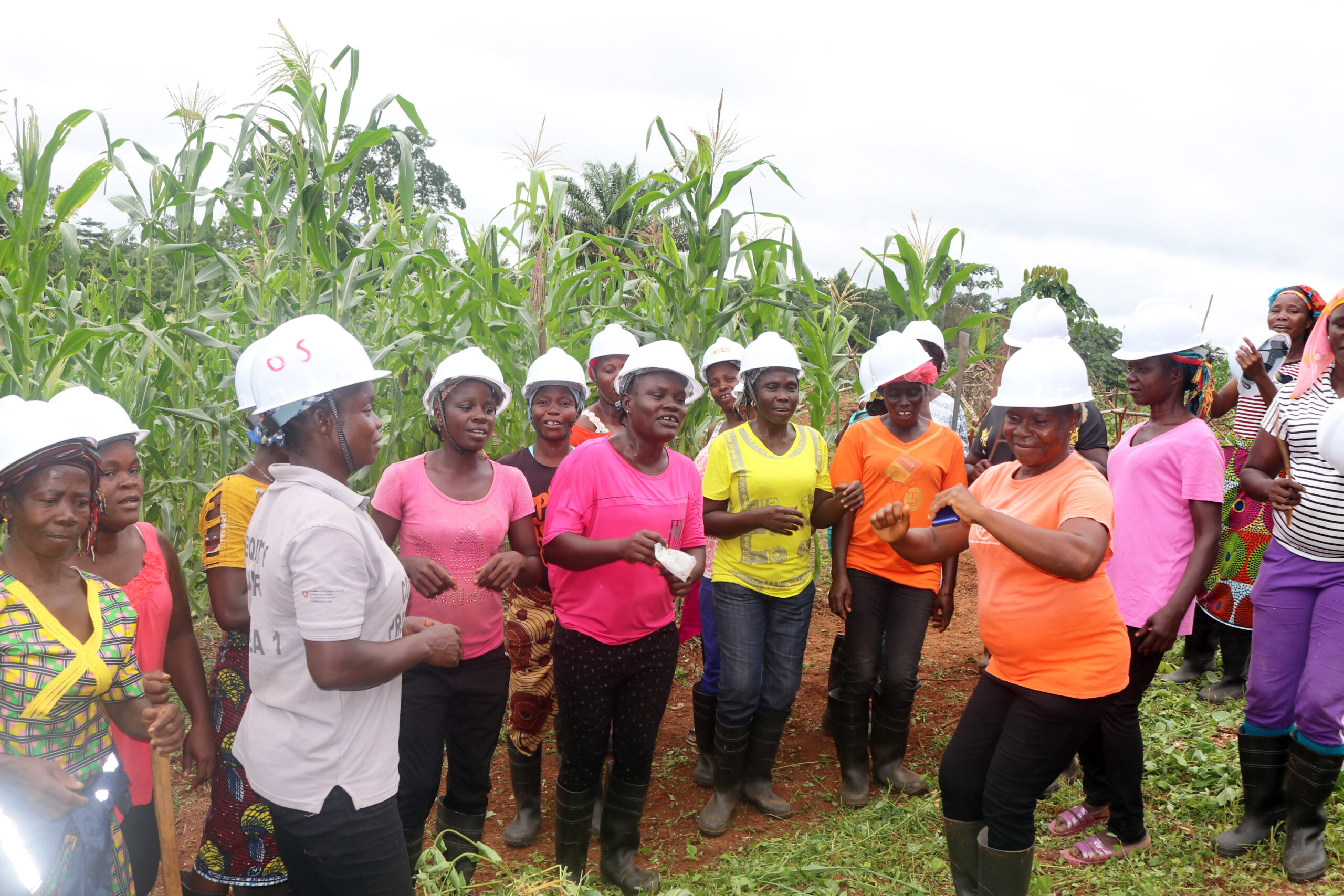05. Voice in Society & Policy Influencing
How does this Building Block manifest in the workplace and the supply chain?
Trade unions play a crucial role by representing the interests of labourers, promoting safer working environments, and negotiating for employees’ benefits. Women remain underrepresented in union leadership, collective bargaining committees and policy positions. Additionally, there is a need for increased representation for informal sector workers, unpaid family workers, domestic workers, and other women-dominant sectors. As long as women are underrepresented in trade unions, their interests will be underrepresented too.
How could your organization increase women’s voice in society and policy influencing?
Establish a worker representation committee that represents the interests of women, i.e. a gender committee. This includes taking away practical barriers that may prevent women from taking part, such as unpaid care work.
Ensure the establishment of accountability mechanisms, such as a grievance mechanism, feedback mechanisms and social audits. This includes making sure women’s voices are heard within these mechanisms.
Enable and build the capacity of your workers to take part in trade unions, collective bargaining committees and policy positions.
Take measures to give hard-to-reach segments of the workforce, such as migrant or illiterate workers, a platform for voicing their concerns. This may include working with translators or using communication materials other than text.
What questions to ask within your organization to increase women’s voice and policy influencing?
- Whose voices and perspectives do we usually engage in decision-making within the organization?
- Why do we usually engage with them or view them as experts?
- How might we expand this pool?
- How can we best engage women, given their different experiences, context and cultures?
- Who can help us determine which perspectives we are missing and how to best engage them?
